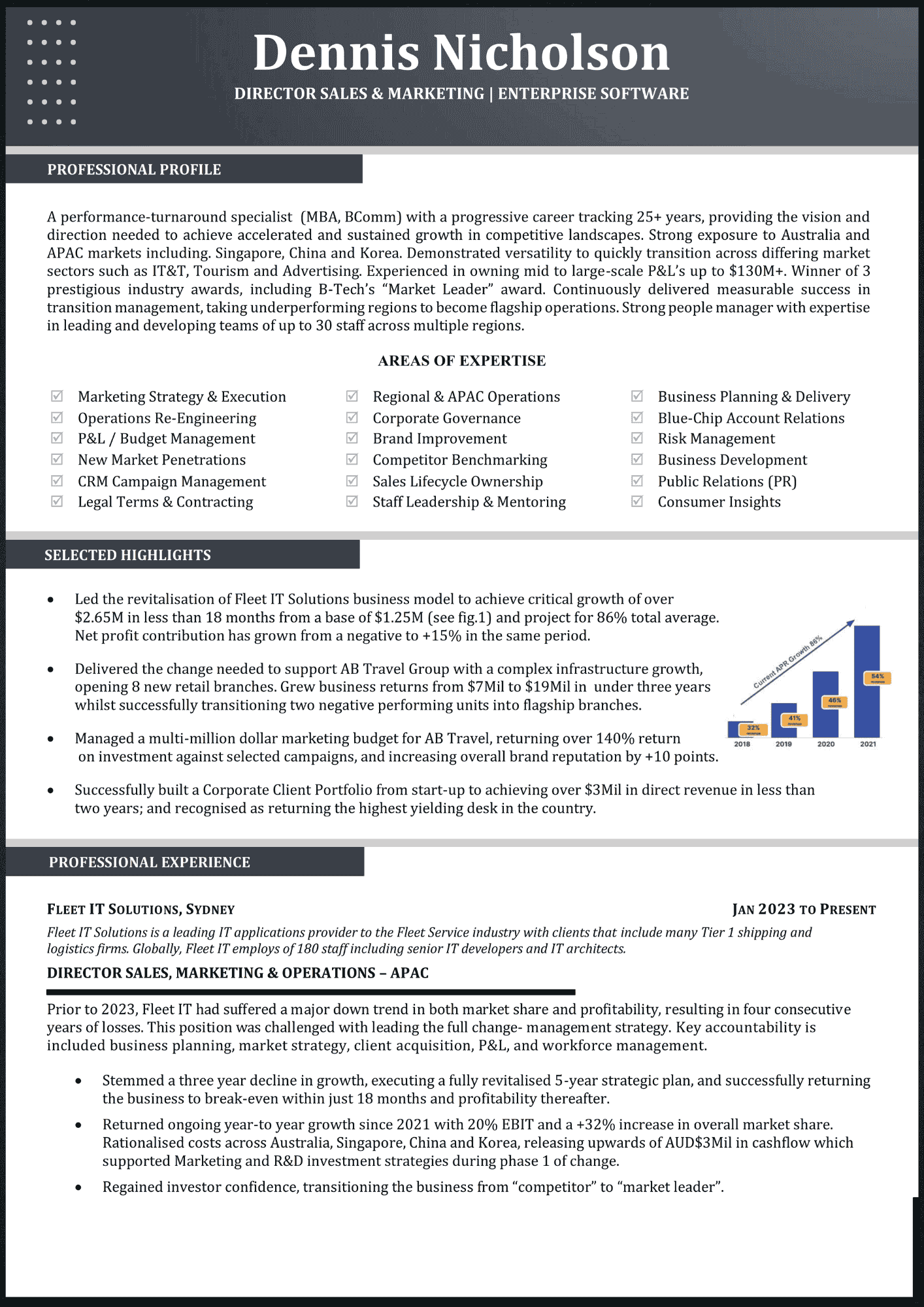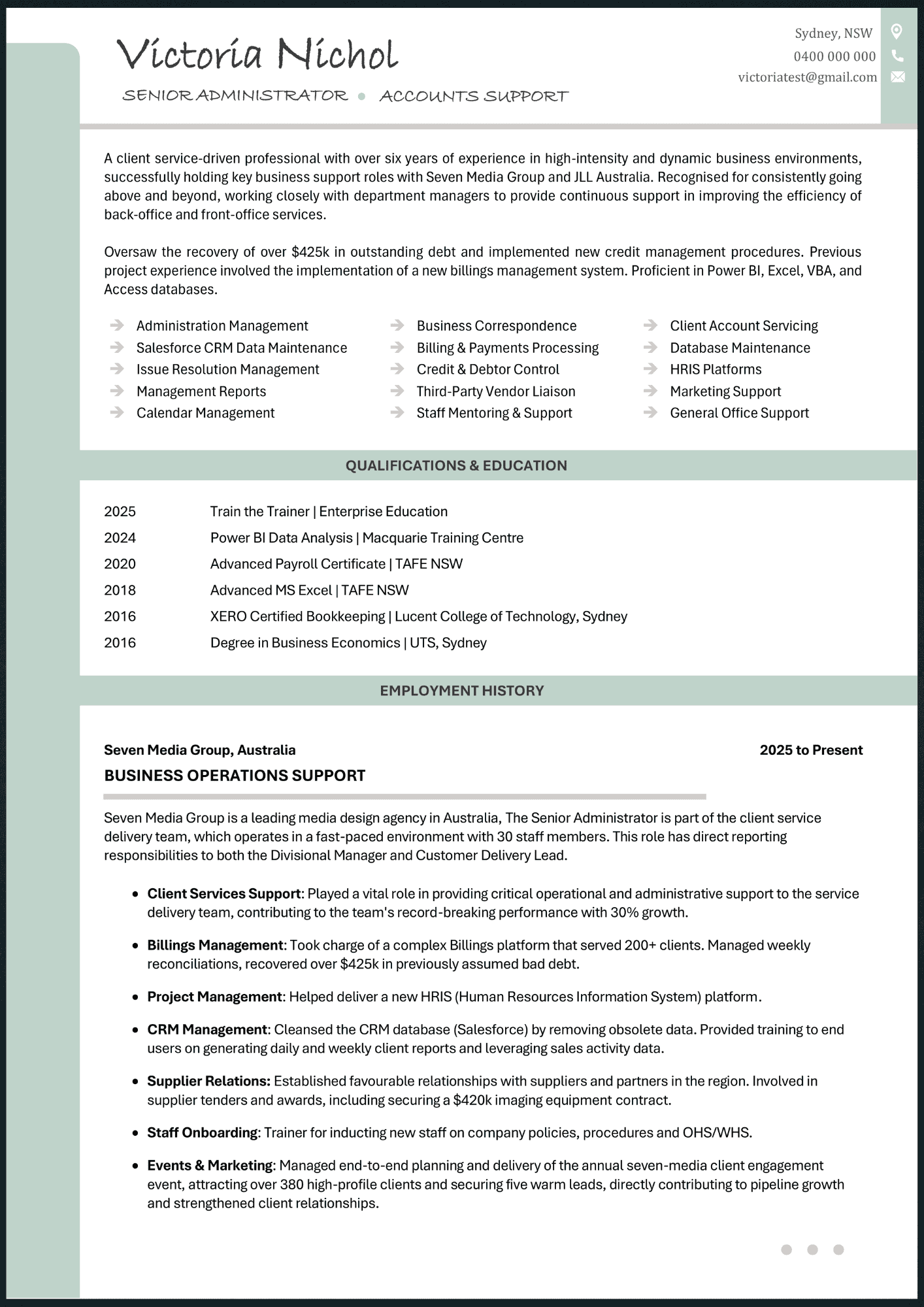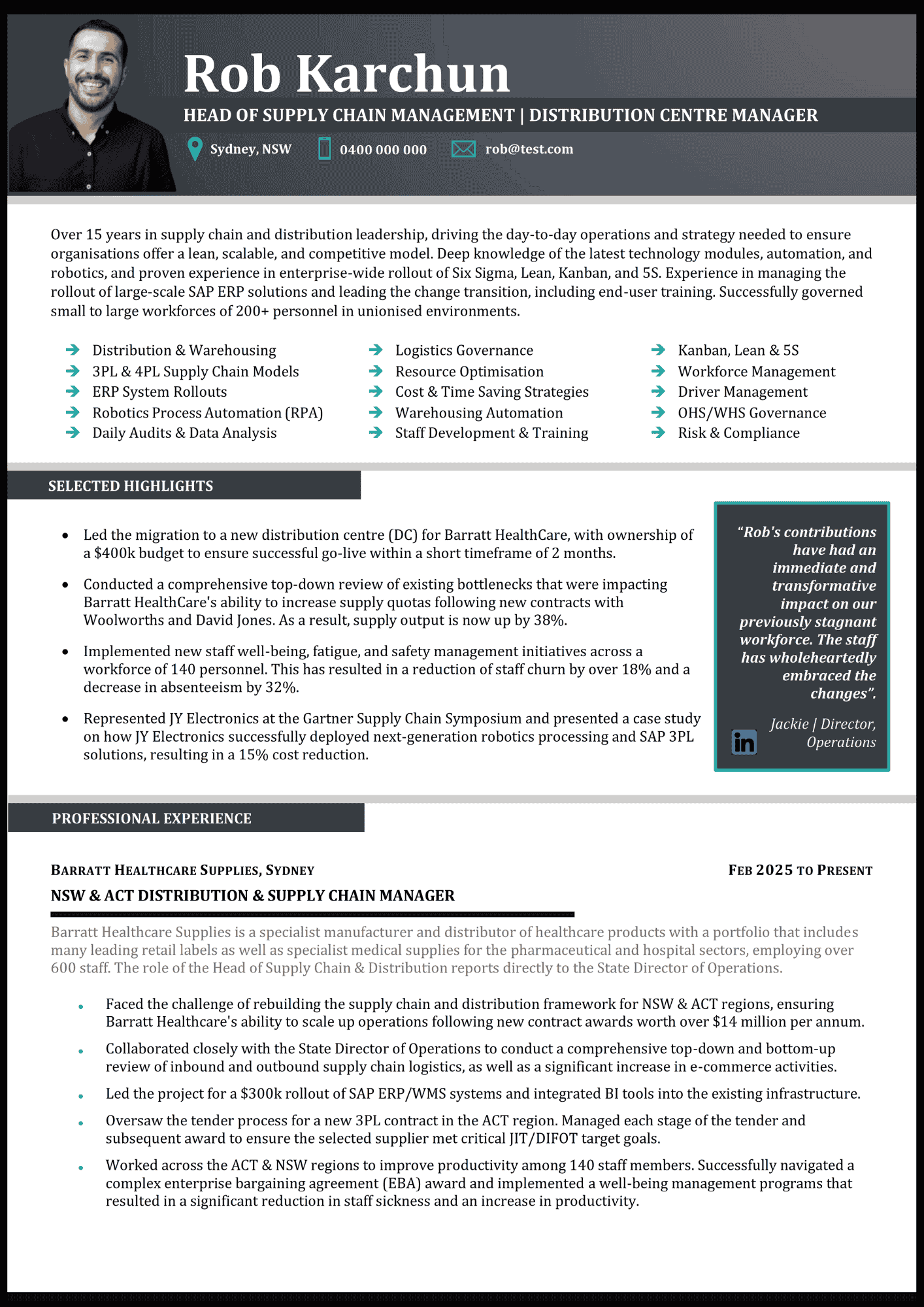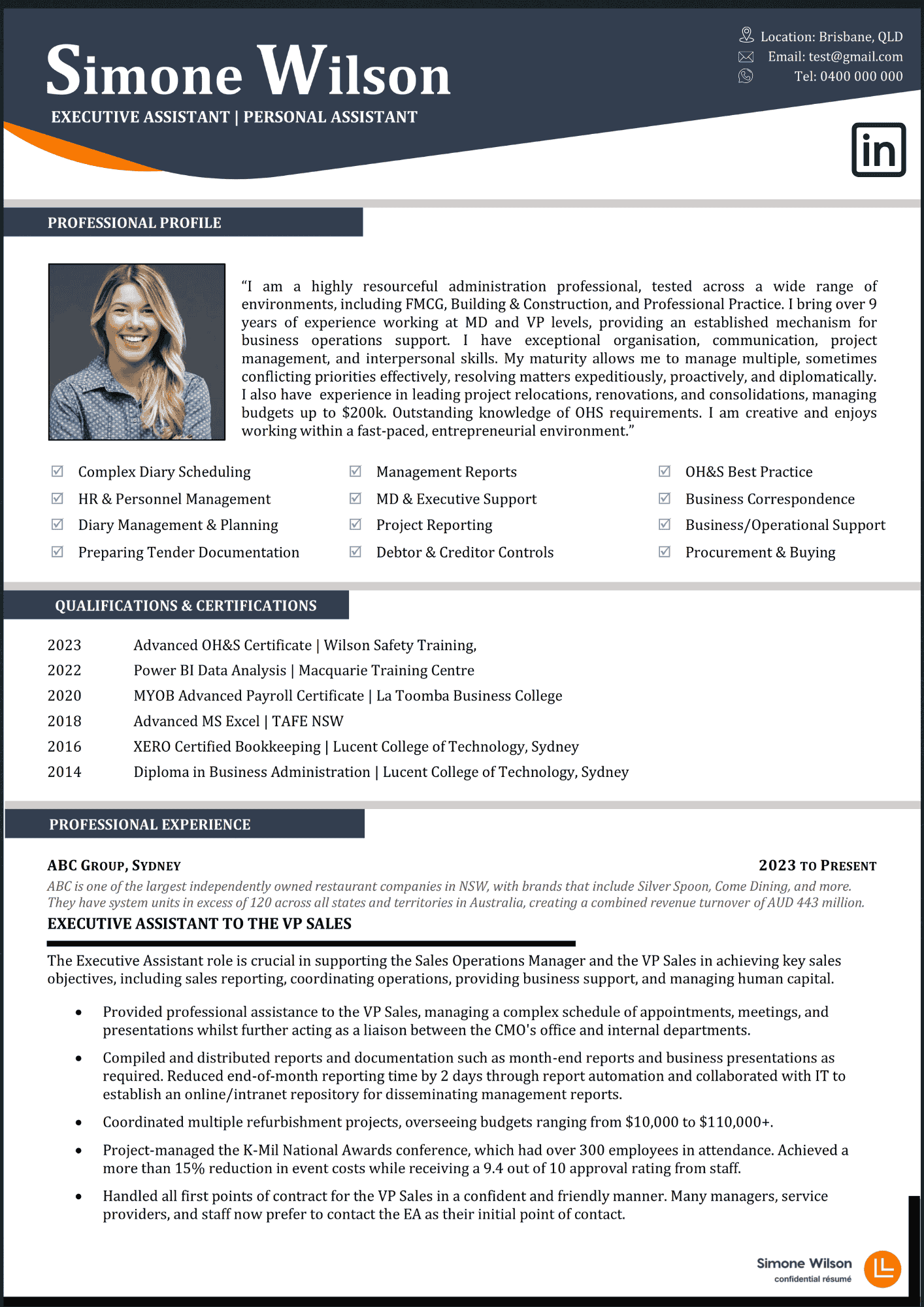
Best Sydney Resumes & CVs
A Results-Driven Resume Writer | Sydney NSW markets.
As a Sydney Resume Writer, I support clients across Sydney CBD, Parramatta, and the wider NSW region. My focus is to help you land your dream job and propel your career forward. Our team includes a boutique collective of exceptional Sydney Resume Writers (led by Roland) who specialise in crafting high-performance resumes for professionals at varying management levels.
- 98.8% Success rates across all markets
- 20 years Sydney market knowledge
- Leverage our recruitment expertise
- Optimised for ATS 2.0
I’m Roland Coombes, your career partner.
I bring over 20 years of market experience in both recruitment and professional resume writing. I work closely with clients to uncover their story and craft a powerful, tailored resume that sells their skills and capabilities to the right audiences.
My goal is simple: to ensure your resume competes in the top 5% of shortlists.
With my deep knowledge of the Sydney and wider NSW recruitment market, I offer unparalleled advice and insights on how to break into even the most competitive industries and get your resume noticed by recruiters and HR teams.
If you’re looking for expert resume writing in Sydney that actually helps you stand out, let’s talk.
Talk to me today!
Free 15 Min Consultation:
Roland Coombes
Book a 15-minute pre-consultation directly with Roland Coombes. Please email your resume to admin@resume-solutions.com.au before booking.
BOOK HERE (Sydney AEST time):
Resumes & Cover Letters
Your resume will be crafted and built by Roland Coombes, our Chief Resume Writer, who will work with you from start to finish. Roland has over 20 years of experience in the Sydney market, and you’ll be hard-pressed to find another Sydney resume writer who can deliver the same exceptional level of results. He never tires of his role, taking great pride in helping individuals achieve career success.
LinkedIn Profile Writing Services
LinkedIn has become an essential platform for job networking and promoting candidate profiles. With our LinkedIn profile writing service, you’ll benefit from a cross-branded profile aligned with your resume, a keyword-optimised and targeted profile that boosts relevant views, and a profile structured for success both in Sydney and across the nation. We also offer LinkedIn profile writing for international clients as required.
Career Coaching & Interview Support
If you’re uncertain about the direction of your career or find yourself at a crossroads, we can guide you in taking the right steps to refocus and move forward. We offer expert advice on reaching out to businesses across Sydney, Parramatta, and the wider NSW region, along with strategies to narrow your search and set realistic career goals, both short- and long-term. Additionally, we provide extensive interview support to help build your confidence.
30+ Industry Awards
"Voted Best Sydney Resume Writers"
TORI Winners (Multi-Winners) | CV Pro Award | C-Suite Awards | CV Magazine Awards | RI Industry Award | EmploymentGuide Lifetime Award |
Pro-Mag Best Resume Service Australia | WOMO 5-Star | AI Media Australian CEO Award (Best Resume Service)
We have been ranked as the number 1 professional resume writers Sydney, and across Australia, many times, with more than 30 industry awards under our belt. Our team of professional writers have the talent and the tools to make your career goals a reality. We leverage a strengths-based approach so each and every one of you can demonstrate a true value-add to any organisation you apply for. We help you effectively communicate who you are and how you can have a meaningful impact for your future employers
Our Process
Our Resume Writing Process –
Tailored to Sydney Job Market
We collaborate with you every step of the way to carefully curate content that is aligned with your career goals. Our process ensures the creation of professional resumes tailored to the specific needs of clients in the Sydney job market.
Fill out our contact form with your information and attach your current CV (if you have one).
After reviewing your information, we’ll email you an obligation free quote and payment instructions.
After we receive your payment, we will connect you will work with our expert Sydney CV & Resume writer who will work with you on gaining the information needed (via a Q&A).
Your Sydney Resume Writer will then work their magic to rebuild each area of your resume including the content as well as the format and keyword content strategy.
Your CV writer will work with you to ensure you are 100% happy with the content.You can review your draft and request alterations, as you see fit.
Your expert Sydney Resume Writer will provide you with further guidance on how to approach the job market and strategies to maximise the return on your CV/Resume and LinkedIn profile.
Testimonials
Success Stories from Our Sydney Clients
Not sure if we’re the professional CV writers in Sydney for you? We understand, which is why we let our work do the talking for us. Read testimonials of our resume writing services in Sydney from over 100 of our satisfied customers on Google, LinkedIn, and TrueLocal. Our 5-star Google rating is a testament to our dedication and the service we provide. We are proud of the work we’ve done and the lives we’ve impacted and that’s why we invite you to fill out our contact form and we will get back to you in as little as a few hours.
Roland delivered what can only be described as a next-level professional resume and LinkedIn profile - both demonstrated the ability to quickly secure new market advantage. Outstanding value for money.

T Barrot
Ops DirectorI have been utilising itouch for Resume Writing Services for over eight years, and my experience speaks volumes. Each time I have secured multiple interviews with recruiters commenting on the quality of my CV.

Tim Leigh
Ops DirectorSydney Resume Writer Near me?
Sydney 2000, Parramatta 2150, Blacktown 2148, Liverpool 2170, Bankstown 2200, Hurstville 2220, Chatswood 2067, Penrith 2750, North Sydney 2060, Ryde 2112, Merrylands 2160, Coffs Harbour 2450, Wollongong 2500, Newcastle 2300, Bondi Junction 2022, Randwick 2031, Coogee 2034, Rose Bay 2029, Bondi Beach 2026, Surry Hills 2010, Paddington 2021
